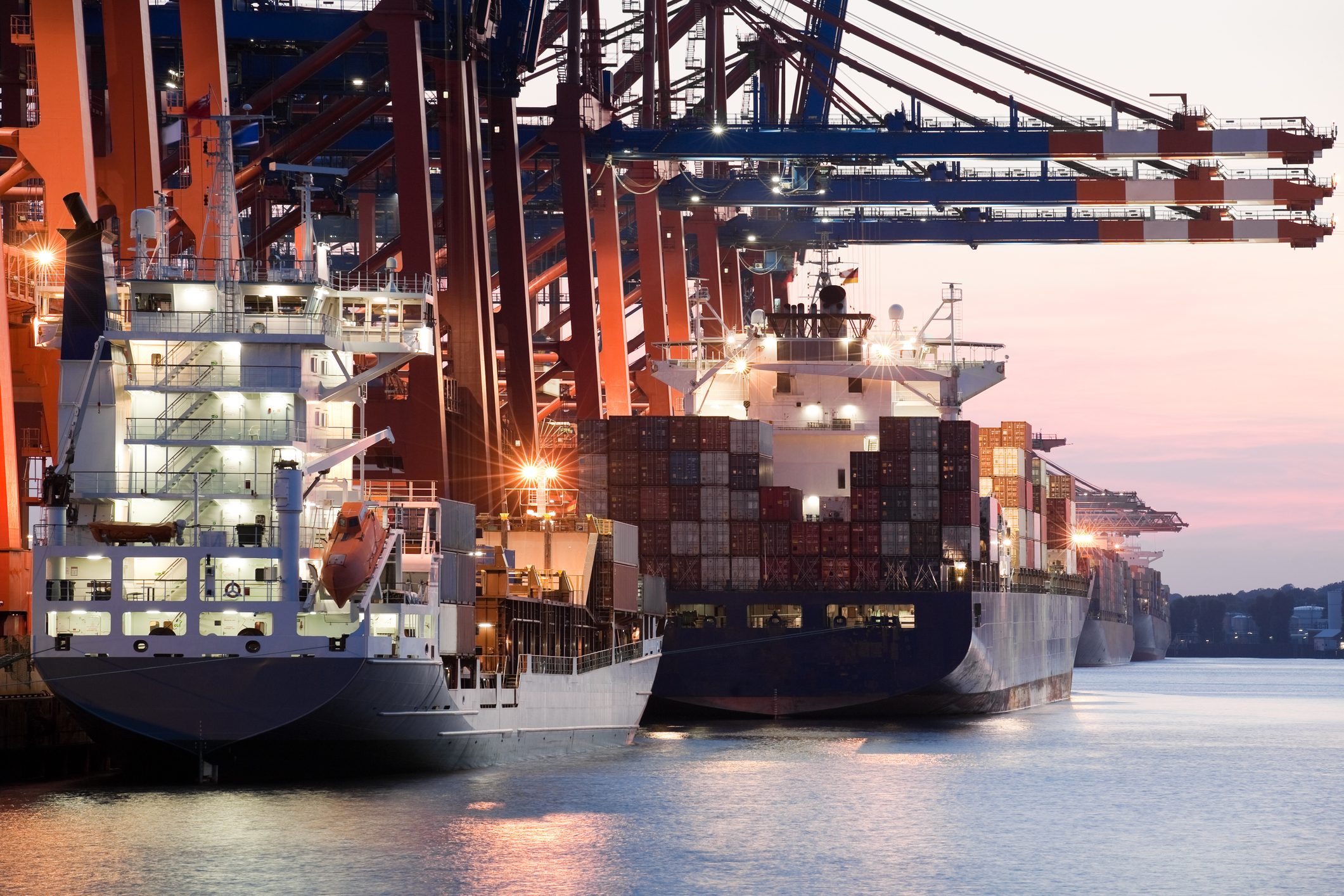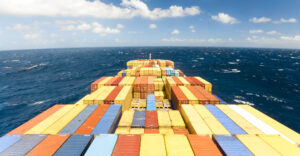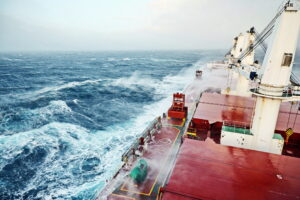A new report from the Global Maritime Forum reveals how outdated norms and exclusionary practices prevent the maritime sector from realising the full potential of its leadership talent.
The Diversifying Maritime Leadership report, based on 108 in-depth interviews with leaders working both at sea and on shore, reveals that 68% of women faced barriers related to gender, race, ethnicity or any other aspect of their identity while in a leadership role within the maritime industry, compared with just 33% of men.
When asked to respond on a scale of one to five (with one meaning not at all and five meaning completely) to the question, “Can you bring your authentic self to work?”, most respondents selected five (41%) or four (37%), which indicates that the majority of leaders feel safe and supported at work.
However, 15 interviewees (14%) their experience at three or below.
These barriers to career advancement come at the same time that the maritime sector is facing a growing talent shortage, with a projected shortage of 90,000 trained officers by 2026.
The maritime workforce is also contending with the disruptions caused by decarbonisation, digitalisation, and automation.
Interviewees shared stories of discrimination and missed opportunities: women engineers asked to take notes instead of contributing technically, cadets assigned only cleaning duties, young parents leaving due to lack of family support, and LGBTQ+ leaders concealing their identity for fear of safety.
Respondents shared numerous examples of unequal treatment based on gender, ethnicity, nationality, sexuality, socio-economic background, transgender identity, age, and social status.
Importantly, many individuals reported experiencing prejudice linked to multiple factors simultaneously.
Some respondents revealed how stereotypes around gender and nationality had affected their career trajectories.
One leader described negotiating with a shipyard for new builds, explaining that counterparts “expected me to look a certain way. When I arrived, they questioned whether I had the authority to sign, despite it being my company. They would even tell the brokers they weren’t sure about me.”
As one interviewee described it, “I have had a master explain to me that females are a non-profitable investment to the industry due to getting through all licenses and then just wanting babies and coming ashore.”
Respondents frequently reported that evaluations related to hiring, promotions, and compensation lack transparency and, in many cases, appear biased. A significant number of female leaders indicated that they are being paid less than their male counterparts.
Bullying and harassment remain serious challenges in the maritime industry, both at sea and on shore. Several leaders interviewed shared firsthand experiences of abuse and sexual assault at sea.
Many interviewees said they have had to endure harassment without proper support, especially those working on short term contracts who fear being labelled as ‘troublemakers’.
According to the leaders interviewed, many companies lack robust systems for reporting, investigating, and responding to unacceptable behaviours, both at sea and on shore.
One interviewee noted, “While I haven’t personally faced barriers related to my gender, race, or ethnicity, I’ve observed that the maritime industry generally lacks formal mechanisms for addressing concerns, particularly for shore-based staff. The absence of structured channels for raising complaints or concerns, as well as defined metrics for resolving issues, can create challenges for shore-based employees.”
While these experiences illustrate the cost of exclusion, the report also identifies three critical “bridges”, namely, mentorship, inclusive policies, and supportive professional networks that enable talent of all backgrounds to thrive.
The report concludes that hiring diverse leaders alone is not enough; companies must also provide the structures and everyday practices that allow them to succeed.
The Global Maritime Forum, along with All Aboard Alliance member companies, conducted 108 in-depth interviews with a wide range of leaders working both at sea and on shore.
In total, 108 people were interviewed, 65 of whom identified as women, 42 as men, and one chose not to disclose their gender.
The interviewees cited 35 different countries of origin, with European countries being the most frequently mentioned (45), followed by Asian (31), North American (14), African (7), South American (6), and Oceanian countries (1).
While this reflects a strong global sample of leaders, the analysis is limited by the absence of respondents from the Philippines, Indonesia, Russia, and Ukraine, countries that supply the most seafarers globally.



